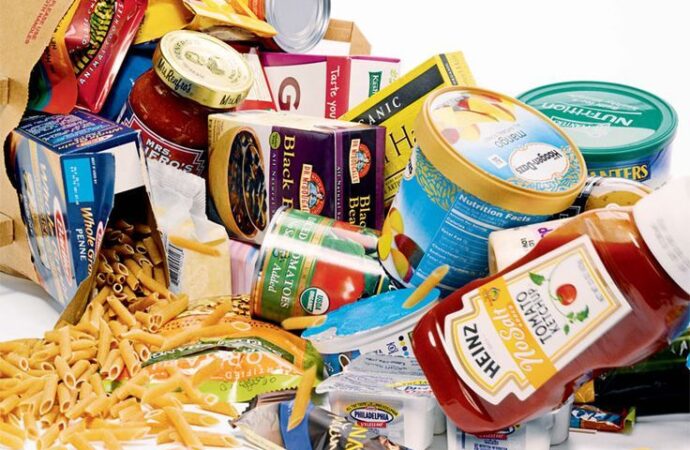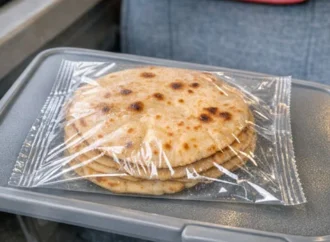Overview
A recent study funded by the Government of India revealed that most food products sold in the country are classified as “healthy” or “moderately healthy.” However, the study also highlighted a concerning scarcity of low glycemic index (GI) foods, which are crucial for individuals with diabetes.
Published in the peer-reviewed journal PLOS ONE, the study examined the nutritional value of packaged foods sold in India. The research, led by the Madras Diabetes Research Foundation (MDRF), the Indian Council of Medical Research-National Institute of Nutrition (ICMR-NIN), and Reading University (UK), analyzed 432 packaged food products across six categories: breakfast cereals, idli mix, porridge, soup mixes, beverages, and extruded snacks.
Key Findings
The study evaluated food products according to FSSAI (Food Safety and Standards Authority of India) claims guidelines and the nutritional traffic light system, which categorizes products based on their fat, saturated fat, and sugar levels. Most of the products were classified as either “healthy” or “moderately healthy,” except extruded snacks.
Extruded snacks, such as chips, puffs, and some breakfast cereals, were processed through a high-pressure and heat process that often leads to higher fat and salt content. The study found that extruded snacks had significantly high fat levels (96.7%).
Other concerning findings included:
- Beverage mixes had a high sugar content (65.7%).
- Soup mixes contain excessive sodium, which increases the risk of high blood pressure.
Lack of Low-GI Foods for Diabetics
One of the most significant findings was the limited availability of low-GI foods, which help manage blood sugar levels more effectively. While a few low-GI options were found in beverage, idli mix, and soup mix categories, the majority of products did not cater to diabetic needs.
Recommendations for Reformulation
The research, supported by the Government of India’s Department of Science and Technology (DST), emphasized the need to reformulate products, particularly extruded snacks, to reduce unhealthy fat and sodium levels. The study also recommended improving consumer understanding of nutritional labels. Experts advocate for conducting similar studies across India to track the changing standards of packaged foods and encourage healthier choices.
Conclusion
This study serves as a reminder for the food industry to prioritize public health in product development and ensure clearer, more informative labelling. It also underscores the importance of offering healthier options, especially for people with specific dietary needs such as diabetics.
Source: India Today
 Food Manifest
Food Manifest 


















